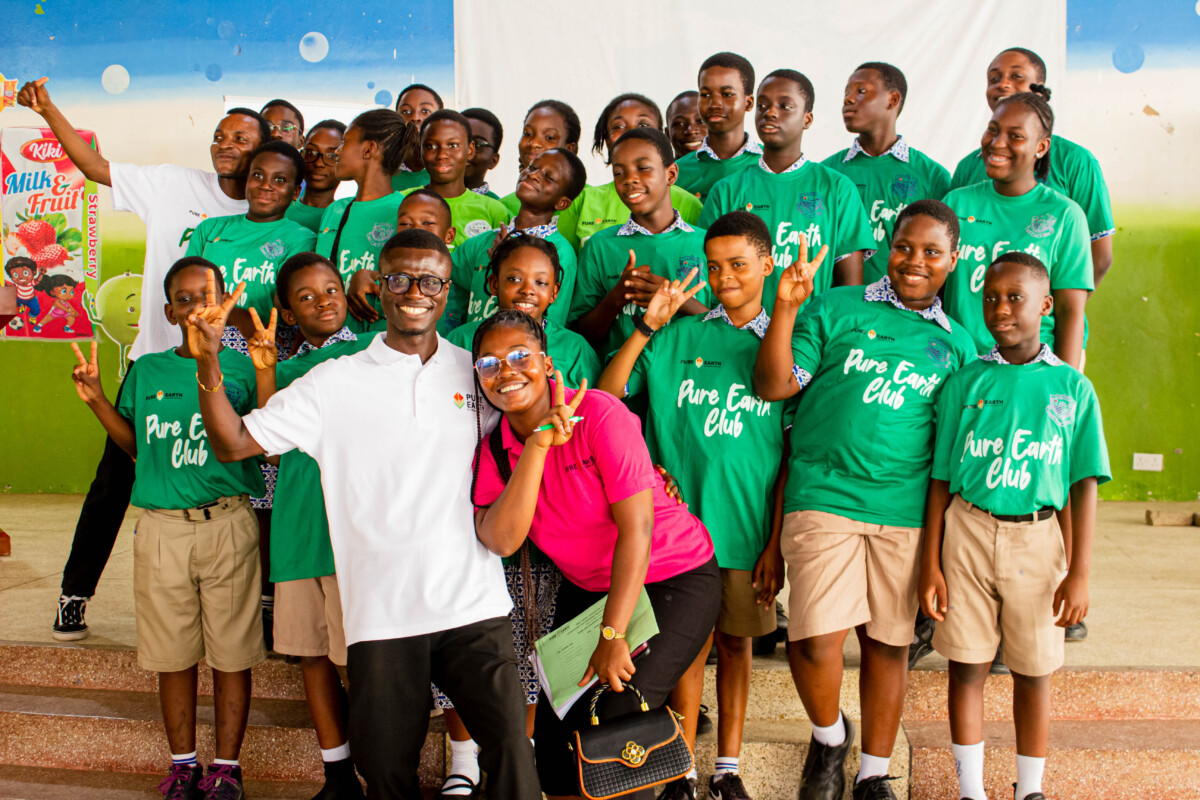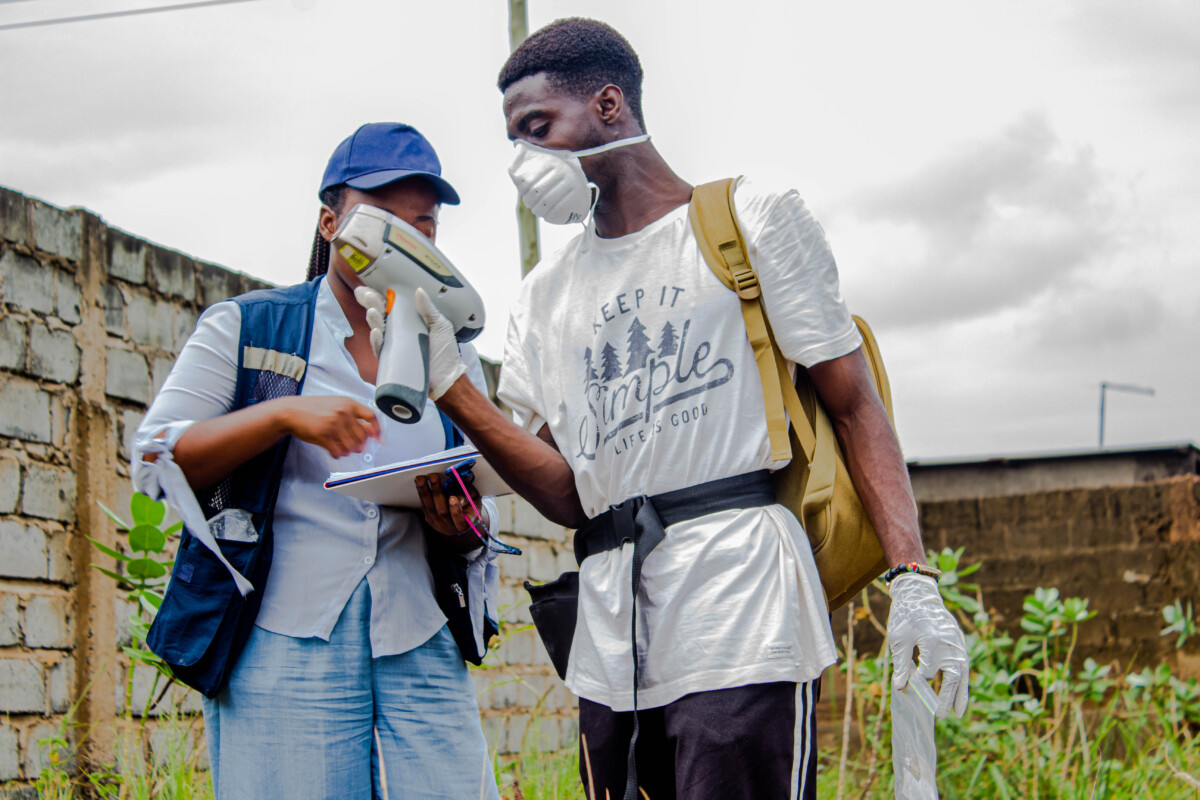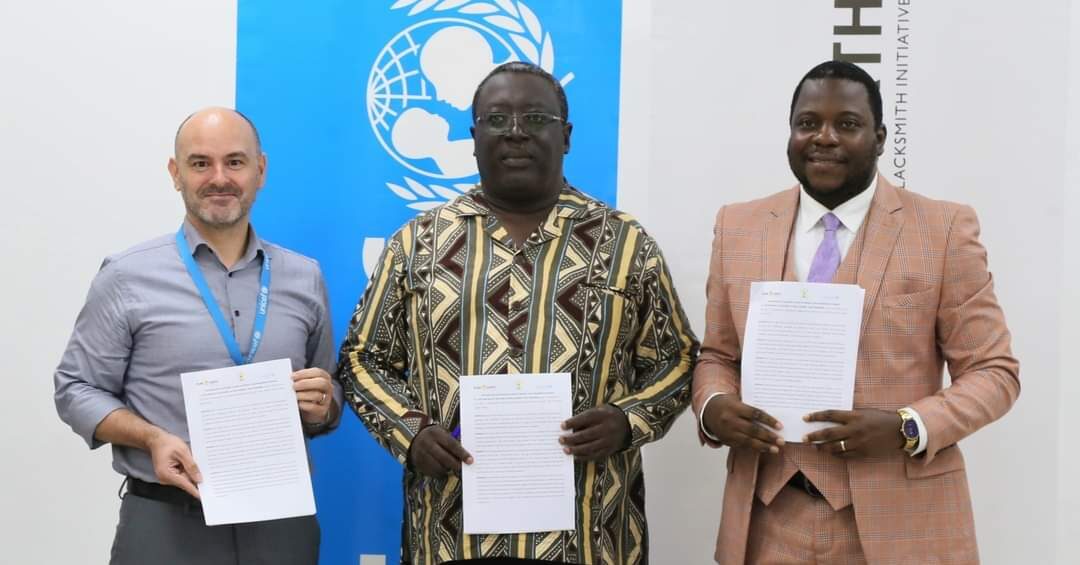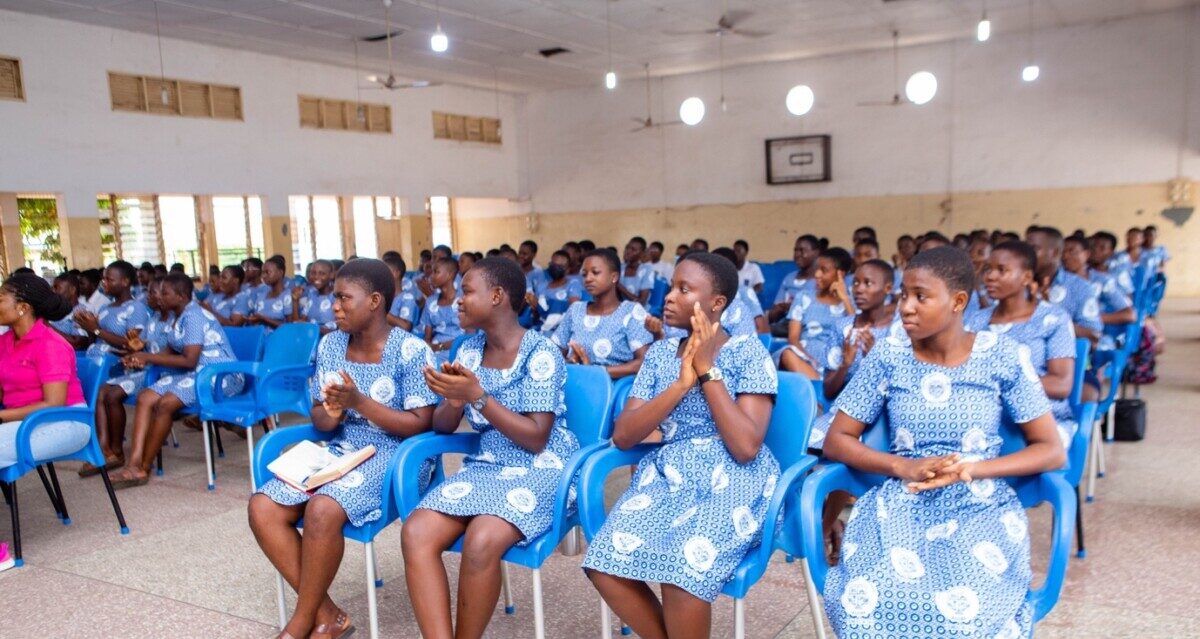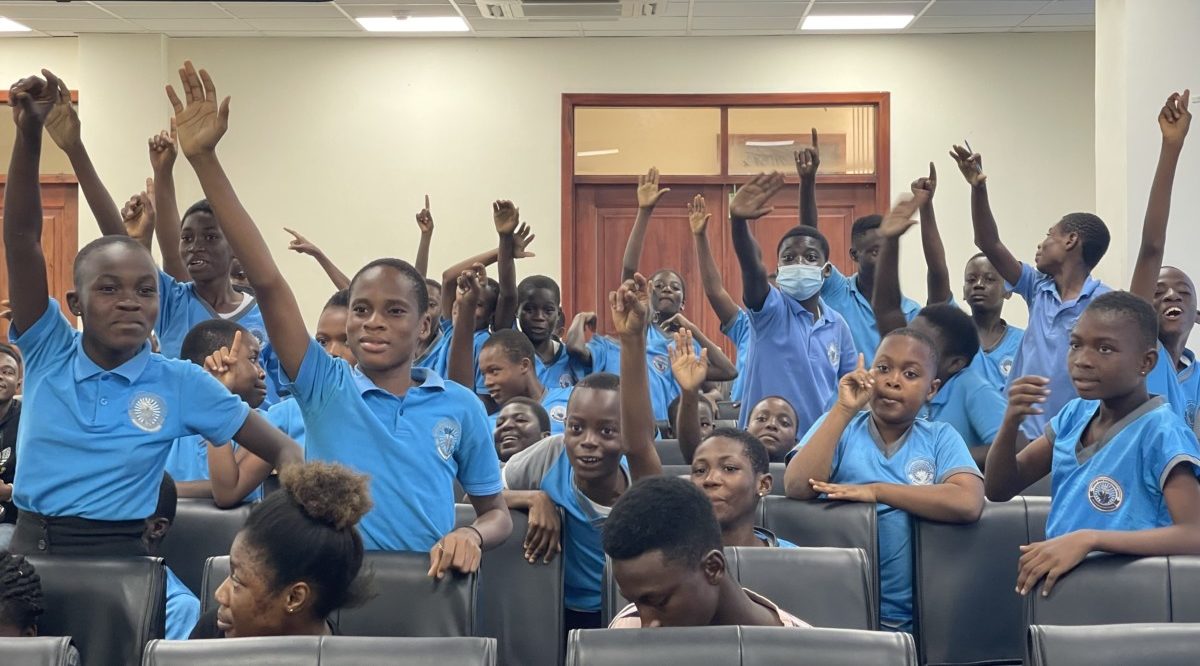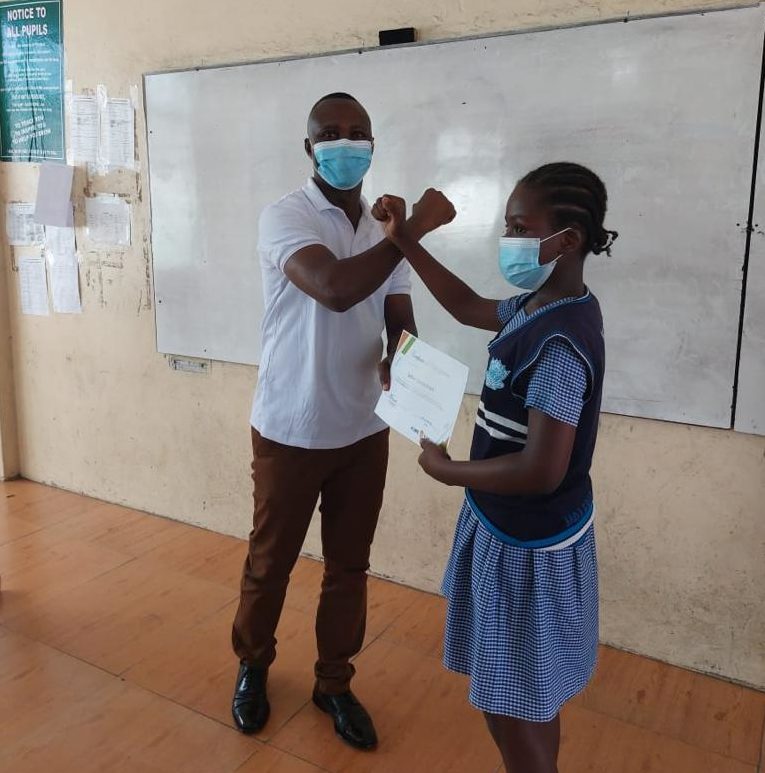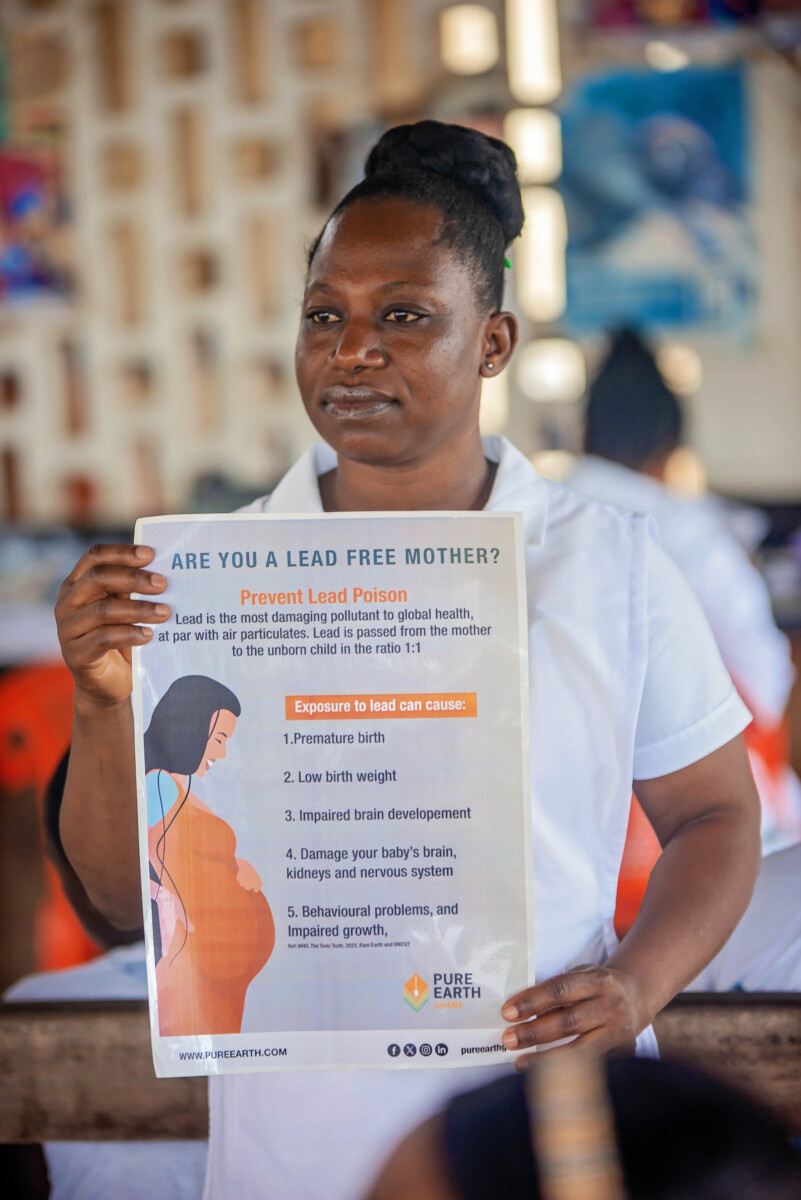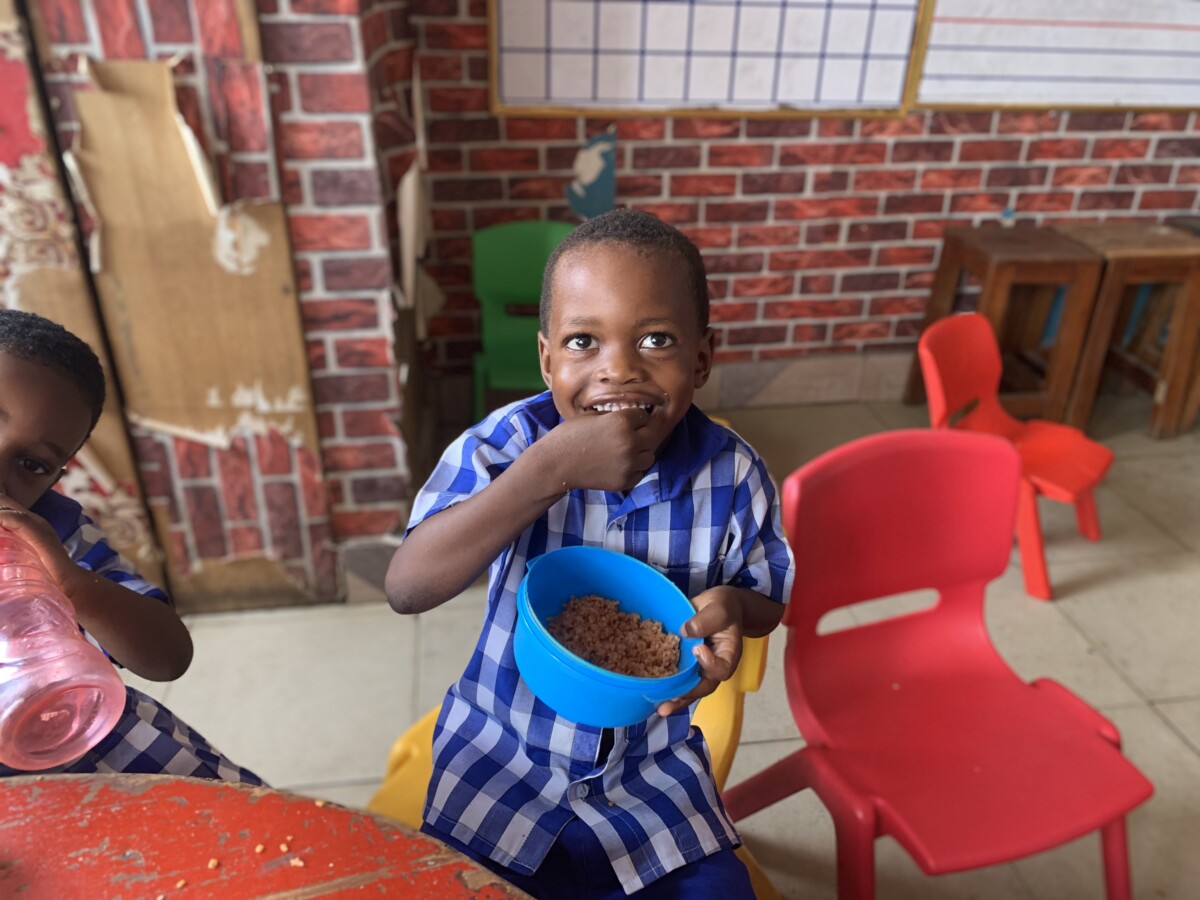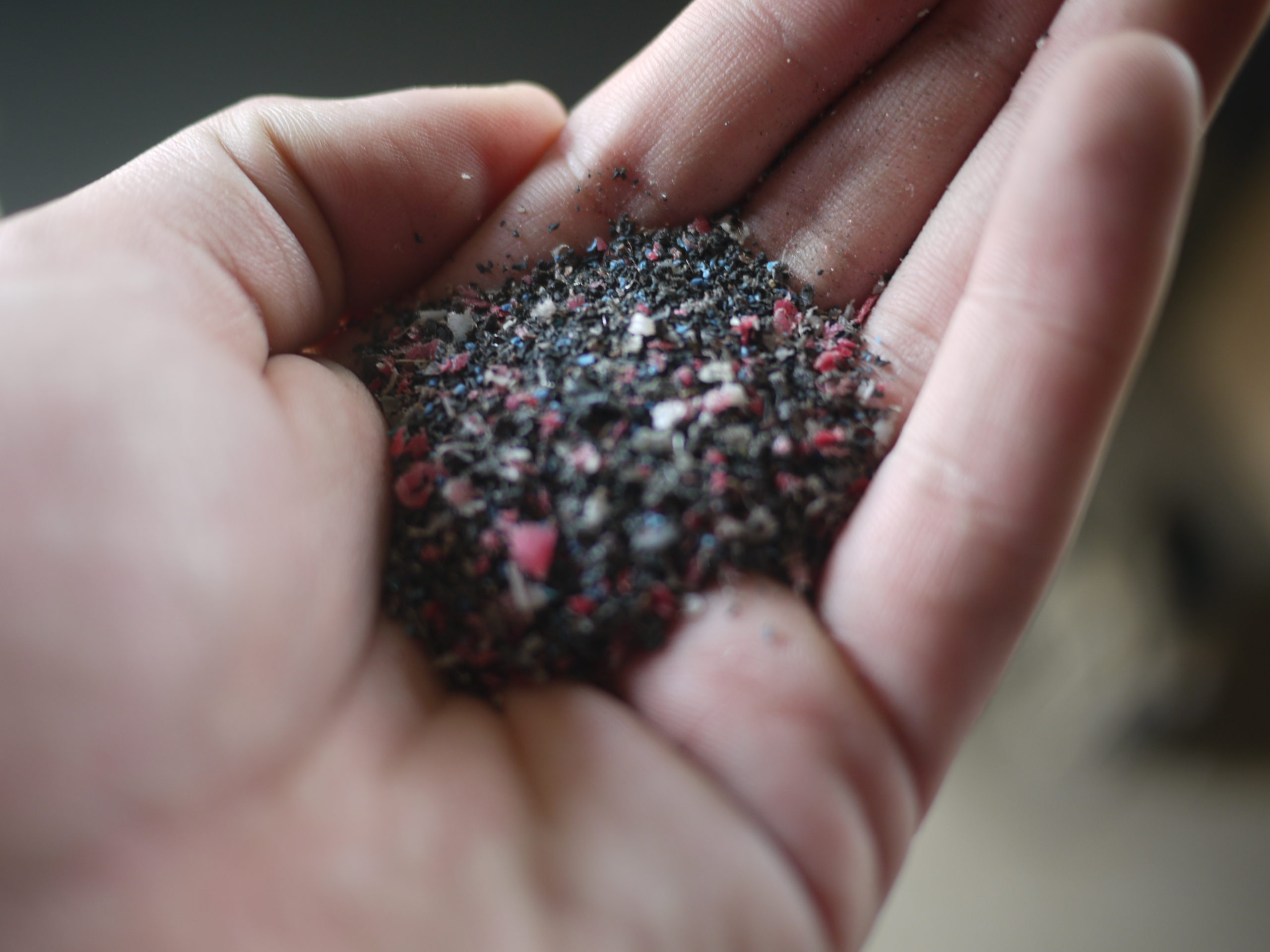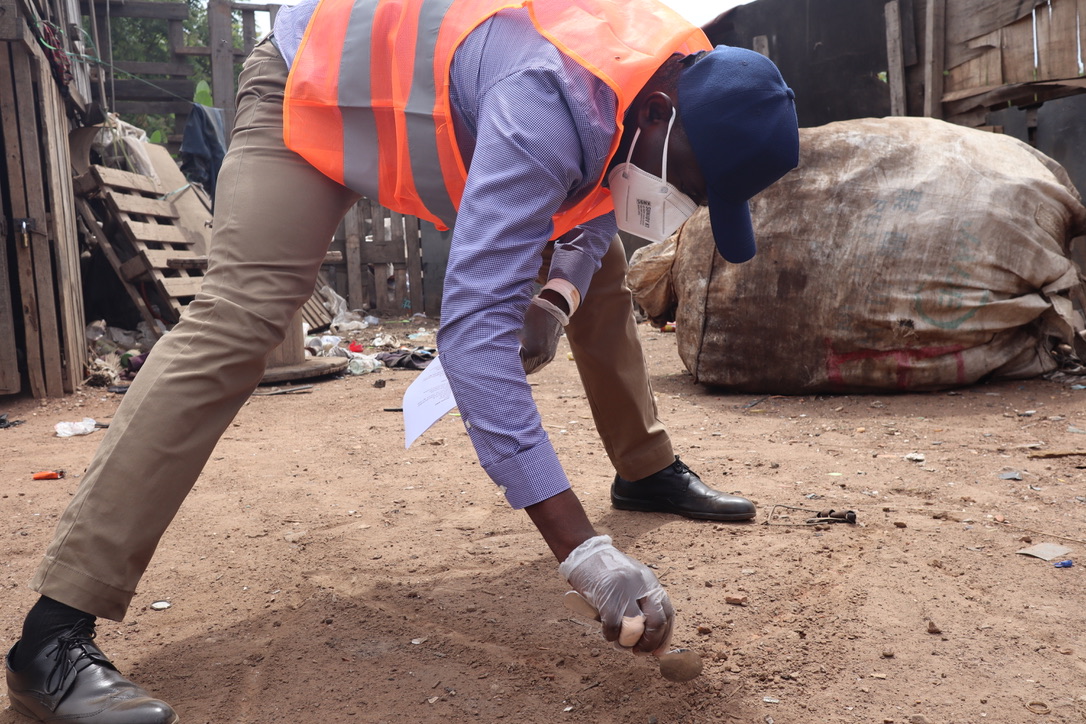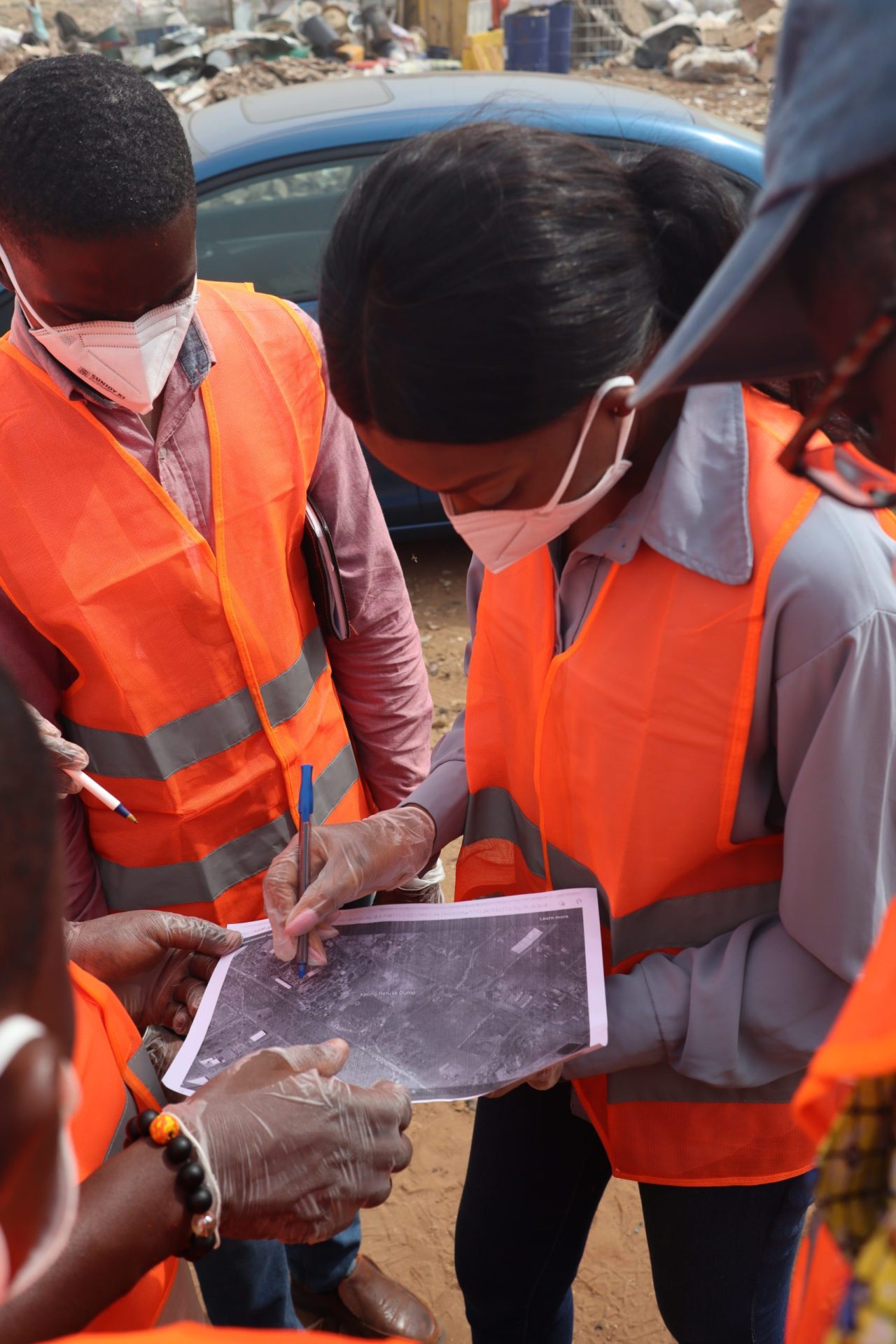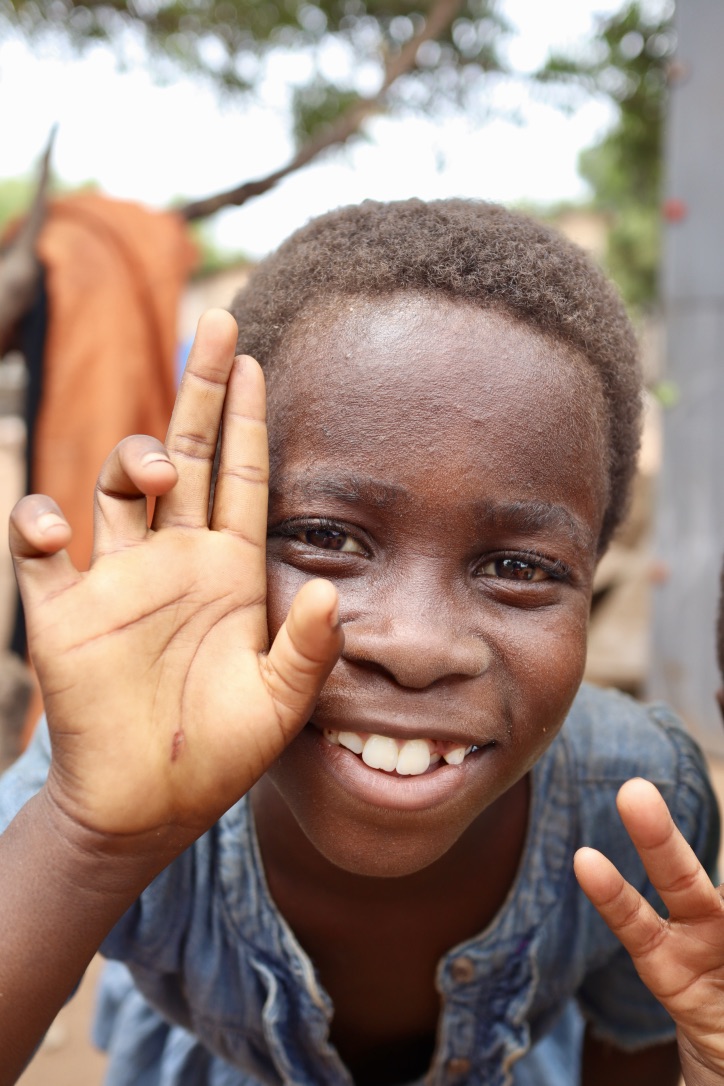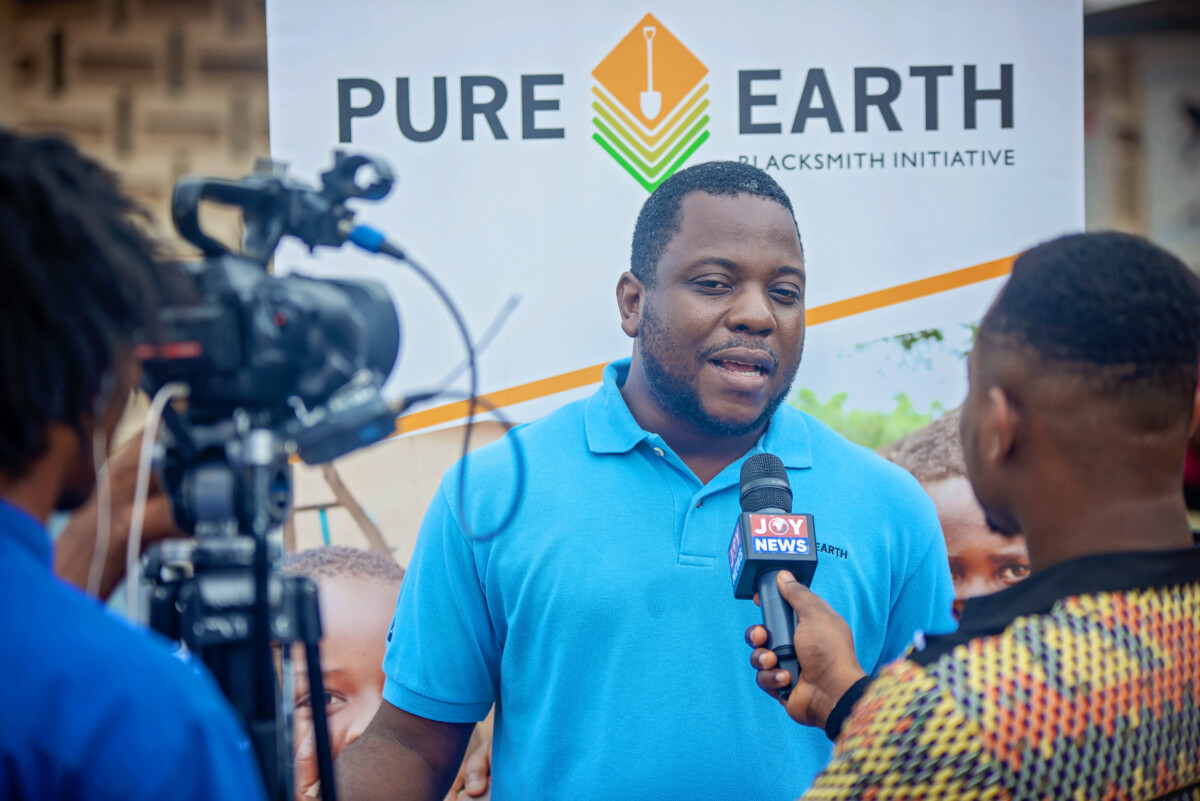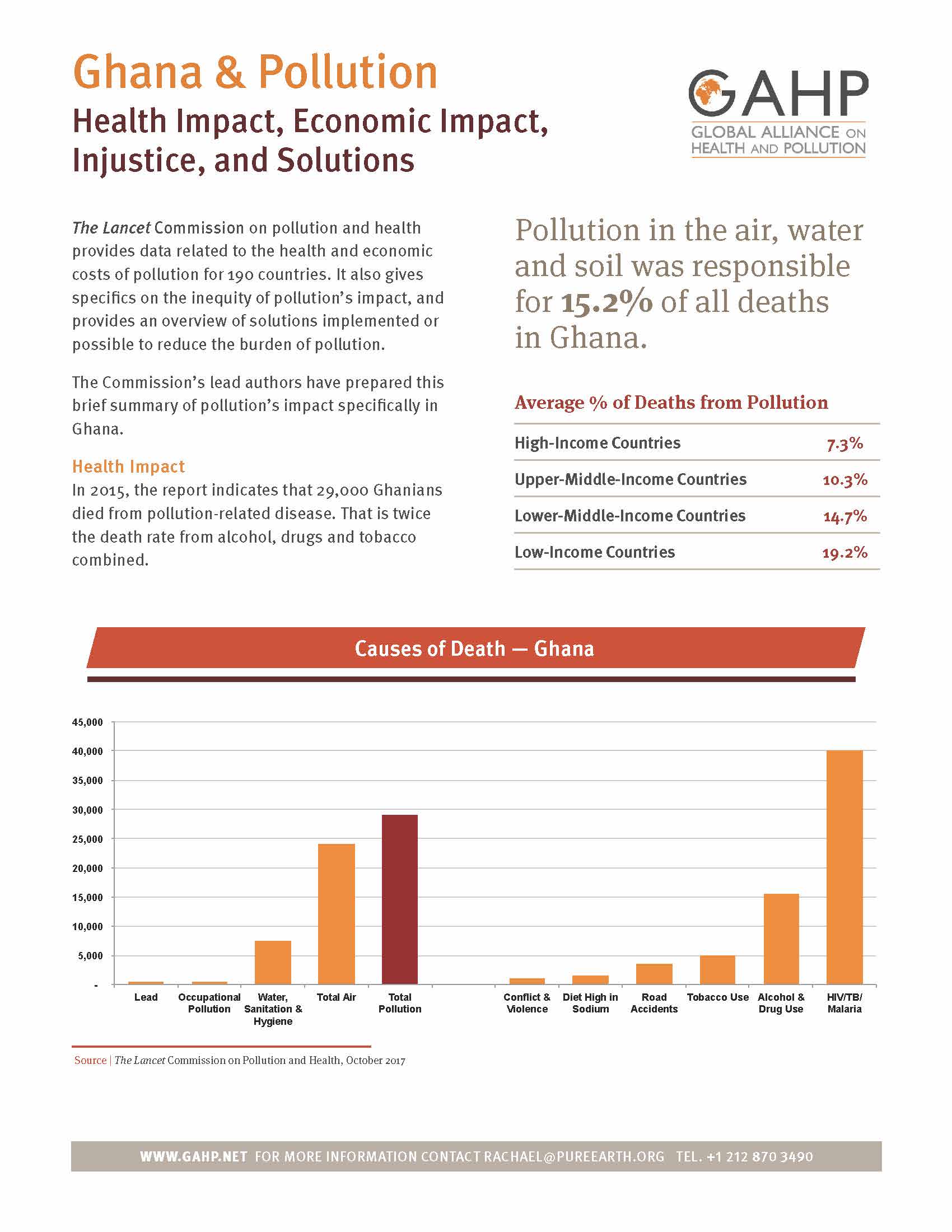About Pure Earth Ghana
Exposure to lead is a public health concern in Ghana. The populations most vulnerable to the effects of lead include pregnant women and children. Studies have revealed disturbing rates of blood lead levels among children in Ghana exposed to lead. Lead pollution can result in medical expenditures, failure in school, low productivity and economic output, as well as increases in disability-adjusted life years (DALYs).
Sources of lead exposure in Ghana include residual contamination from leaded petrol (phased out in 2004), paints, pesticides, mining, recycling, and agricultural industries, and the informal or substandard recycling of used lead acid batteries (ULABs).
WATCH NOW:
Lead-Free Mothers, Healthy Futures.
A short documentary during 2024 International Women’s Day
WATCH NOW:
PURE EARTH ZOOM BRIEFING WITH US & GHANA EPA ON BUILDING CAPACITY TO REDUCE LEAD EXPOSURE
WATCH NOW:
Pure Earth Ghana takes their message into schools to raise awareness
during 2022 International Lead Poisoning Prevention Week.
Projects
Programmatic Solutions
News Coverage
- Pure Earth, EPA launch collaborative study on mercury contamination, B&FTonline, September 5, 2024
- Pure Earth Ghana Begins Study into Mercury Pollution in The Country as Part Of UK-Funded Project, YenNews, August 29, 2024
- Pure Earth Ghana Launches Mercury Impact Assessment Project to Enhance Environmental Sustainability and Public Health, PeaceFmonline, August 28, 2024
- Pure Earth Ghana Signs Declaration of National Action Plan to Reduce Lead Poisoning, B & FTonline, August 6, 2024
- Pure Earth Ghana intensifies efforts to combat mercury and lead pollution on International Earth Day, PeaceFmonline, April 24, 2024
- NGO commemorates International Earth Day with a call to combat mercury and lead pollution, YenNew, April 23, 2024
- International Earth Day: Pure Earth Ghana calls for collaborative action to combat mercury, lead pollution, Graphiconline, April 22, 2024
- Pure Earth Ghana Advises Pregnant and Maternal Mothers to be Vigilant on Lead Poisoning, Peacefmonline, March 11, 2024
- Government urged to enforce strict regulations to protect mothers from lead poisoning in Ghana, MyJoyonline, March 4, 2024
- Pure Earth marks 2023 International Lead Poisoning Week, B&FTonline, November 3, 2023
- Govt urged to protect children from lead poisoning, GraphicOnline, November 1, 2023
- ‘Dades3n’ could cause low IQ, GBCGhanaonline, October 30, 2023
- Priorities actions to mitigate childhood lead poisoning, MyJoyonline, October 30, 2023
- Lead Poisoning a Major Problem Facing Children- Pure Earth Ghana, PeaceFmonline, October 29, 2023
- Lead poisoning: A menace in Ghana, GraphicOnline, October 18, 2023
- Di cooking pots and toys wey dey cause lead poisoning for Ghana, BBC News Pidgin, October 7, 2023
- EPA To develop policy to address high levels of lead in cook utensils, MyJoyonline, September 15, 2023
- Study finds alarming lead contamination in Ghana’s popular metal cookware ‘Dades3n‘, GhanaWeb, September 14, 2023
- Over 53% of children have unacceptable blood lead levels, B& FTonline, August 25, 2023
- UNICEF to introduce blood lead testing in Ghana early 2022, Business Ghana, November 27, 2021
- Agbogbloshie: The world’s largest e-waste dump – in pictures. The Guardian, February 27, 2014.
-
Assessing Levels of Lead Contamination in Soil and Predicting Pediatric Blood Lead Levels in Tema, Ghana. Journal of Health and Pollution, June 1, 2013
- Trace Element Contamination around the E-waste Recycling Site at Agbogbloshie, Accra City, Ghana, 2012
-
Assessing Worker and Environmental Chemical Exposure Risks at an e-Waste Recycling and Disposal Site in Accra, Ghana. Journal of Health and Pollution, February 1, 2011

200 Mkogh St,
Teacher Oyoo Cr,
Papago- West Legon, Accra
GPS Address: GE-312-7090
ESMOND WISDOM QUANSAH
Country Director
BLESSING ENYONAM GBADAGO
Technical Project Director
NANA AGYEI SIKAPA OFOSU-MANU
Communications Lead
HANNAH ZOROASTER EDWIN
Finance & Administrative Coordinator
ISAAC OWUSU ANSAH SACKEY
Technical Project Assistant
EUNICE ASIEDUA ADDO
Finance and Administration Assistant


